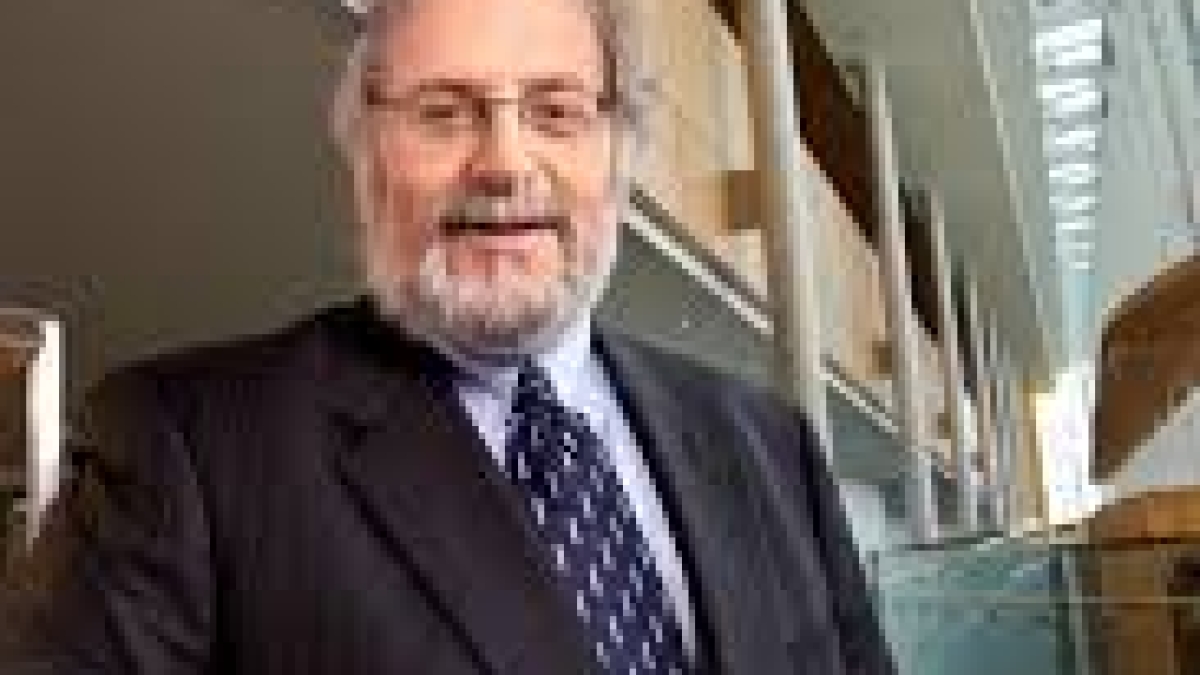ASU China expert to present before White House council on science and technology

The President’s Council of Advisors on Science and Technology has invited Denis Fred Simon, senior advisor on China and Global Affairs in the Office of the President at Arizona State University and one of the world's leading experts on science, technology and innovation in China, to provide insight into China’s evolving role in international science and technology affairs.
Simon will be joining John Holdren, President Barack Obama's science and technology advisor, and other experts during the May 9 PCAST public meeting in Washington, D.C., that will focus on U.S.-China science and technology cooperation and collaboration.
The President’s Council of Advisors on Science and Technology, established by President Obama in April 2009 as part of the Office of Science and Technology Policy, is a group of experts consisting of the nation’s leading scientists and engineers who directly advise the President and the Executive Office of the President, and make policy recommendations in fields related to science, technology and innovation.
“Until recently, the United States has been the dominant global force in science and technology, and we had been able to use that to our economic and diplomatic advantage,” said Simon. “What we now see is a changing international landscape where the asymmetries are getting narrower and U.S. leadership is less guaranteed. We are going to see more countries at the table being able to compete effectively in science and technology areas and using it to their diplomatic advantage.”
The meeting’s China agenda will center on a few key science and technology related issues, including related strategy and innovation policy in China. The discussion will also touch upon evolution of the existing U.S.-China bilateral relationship – including opportunities in fields like clean energy, climate change and life sciences for increased collaboration, as well as potential competition in areas like aerospace and green technology.
“United States’ current bilateral science and technology agreement with China is aimed at ensuring that the Chinese play a constructive role in international science and technology affairs, and covers a broad range of areas of cooperation across many fields,” said Simon. “However, much of the current research and development activities between the two countries takes place outside of the government umbrella, between private companies, universities and private-public partnerships. This means the center of gravity in the relationship has shifted from the model and format that were prevalent in the 1980s and early 1990s."
The council's public meetings are held regularly to discuss and analyze important science and technology issues on the White House policy agenda. Past meetings have covered topics such as cyber security, education technology, climate change, agricultural preparedness and U.S. research enterprise.